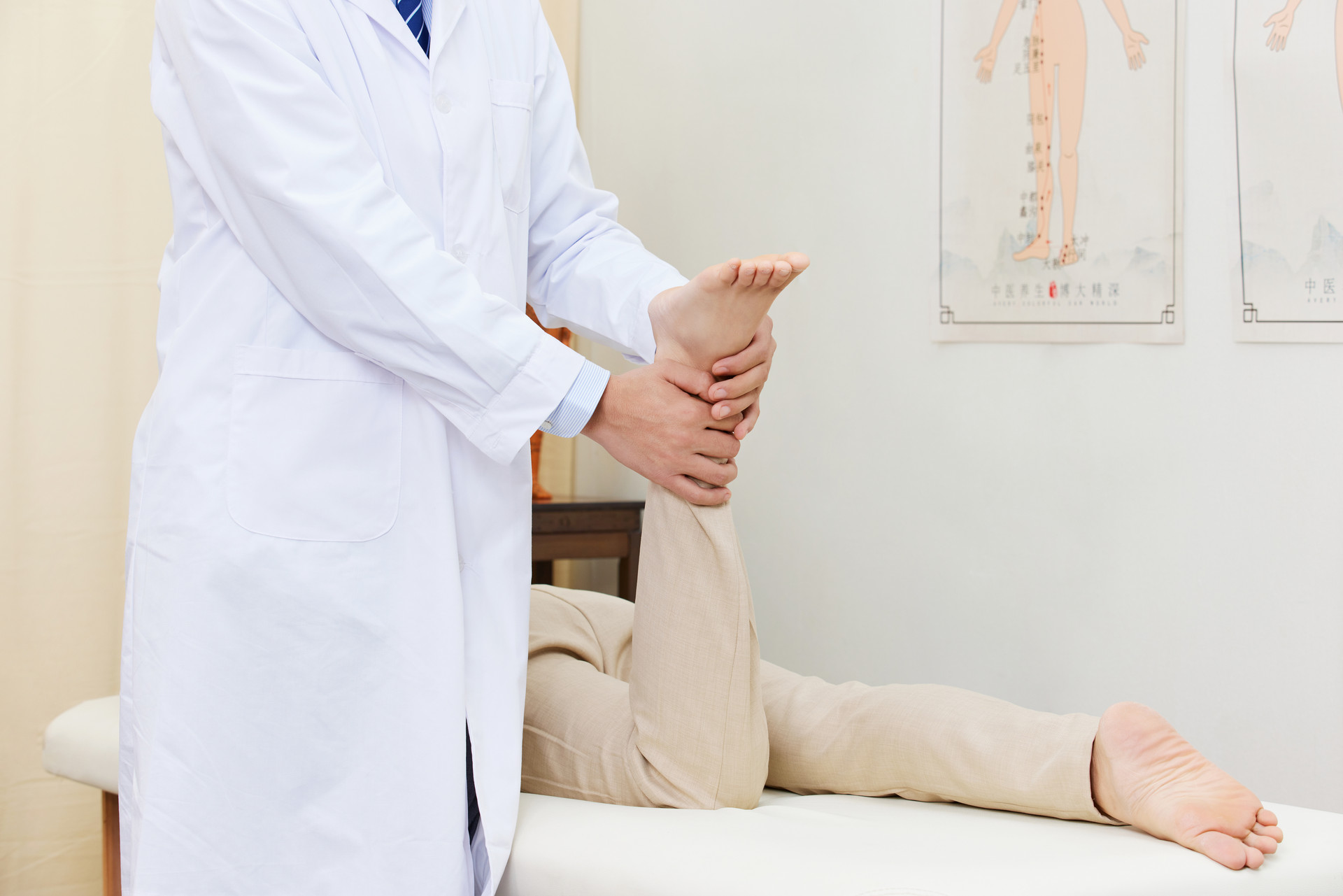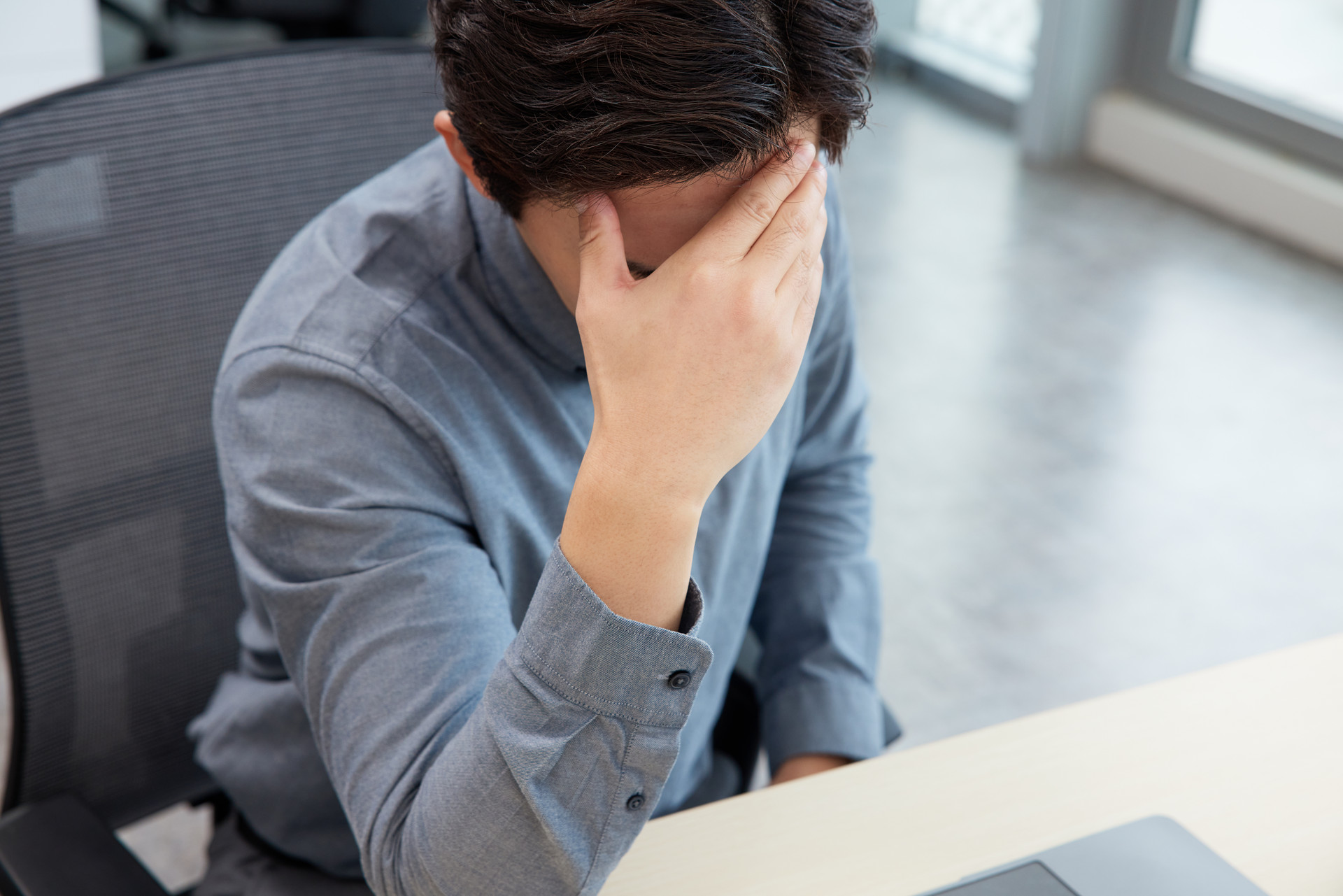Men, as the backbone of social development, have always carried a heavy workload and life stress. According to numerous social surveys and medical statistics from both domestic and international sources, an increasing number of diseases are threatening men's physical and mental health under various pressures. To focus on men's health, we cannot ignore the most "fragile" organ in men's bodies - the prostate. It is considered "fragile" because the proportion of men with prostate diseases is very high, and the number of patients in clinical practice is relatively large. At the same time, the exaggerated publicity of the dangers of prostate diseases by some medical institutions also makes many men overly worried, often leading to a fragile mentality. In fact, prostate disease patients do not need to worry excessively or be overly anxious. The disease itself does not cause more serious consequences, and the main impact comes from the patients' psychology.
Prostatitis and prostate enlargement are not the same thing
According to experts, prostate diseases can be broadly divided into two categories. One is chronic prostatitis, which is prone to occur in young and middle-aged men, while the other is prostate enlargement, which is more common in the elderly. As men age, the size of the prostate also increases. The proportion of men over 80 or 90 years old with prostate enlargement exceeds 90%, or even higher. In comparison, traditional Chinese medicine treatment has more ideal results for chronic prostatitis, so when it comes to the impact on men's health, chronic prostatitis needs more attention from society. Although chronic prostatitis and prostate enlargement both occur in the prostate and have overlapping and similar symptoms, they are completely different diseases with different pathological bases. In young patients, inflammation is the main pathological change, often accompanied by inflammatory enlargement of the prostate.
Chronic prostatitis can be divided into bacterial and non-bacterial types. Chronic bacterial prostatitis is mainly caused by pathogen infection, often with a history of recurrent urinary tract infections or continuous presence of pathogenic bacteria in prostate fluid. Non-bacterial prostatitis is a complex pathological change caused by various factors such as inflammation, immunity, and neuroendocrine involvement, leading to urinary tract irritation symptoms and lower abdominal pain as the main clinical manifestations, often accompanied by mental and psychological symptoms. Experts point out that the causes of chronic prostatitis are complex and not caused by a single factor. They are related to personal constitution, lifestyle habits, and occupations, among other factors. Poor lifestyle habits and irregular medical treatment are important reasons for the occurrence or aggravation of chronic prostatitis. Therefore, cultivating good lifestyle habits and avoiding irregular medical treatment are of special importance for the prevention and treatment of chronic prostatitis.
Prostatitis patients do not need to carry mental burdens
According to experts, prevention of prostatitis should start from several aspects. First, enhance the body's immunity, live a regular life, exercise appropriately, and avoid excessive fatigue. Second, actively prevent infections, pay attention to genital hygiene, drink more water, and urinate more to prevent urinary tract infections. Third, avoid excessive alcohol consumption and consumption of large amounts of spicy food. Fourth, do not sit for long periods of time to reduce congestion of the prostate caused by compression. Fifth, pay attention to local warmth, relax smooth muscle fibers, reduce muscle tissue contraction, improve tissue oxygen content, and facilitate recovery from congestion and edema.
In the face of overwhelming medical advertisements, experts emphasize that chronic prostatitis is one of the diseases that is exaggerated in contemporary society. The two aspects that patients with this disease are most concerned about are the impact on sexual function. However, experts point out that there is little scientific evidence to prove the direct adverse consequences of chronic prostatitis on sexual function. The biggest problem lies in the tension and anxiety caused by difficulty urinating and pain symptoms, which may indirectly affect sexual function. The second concern is the impact on fertility. Experts believe that for patients with chronic bacterial prostatitis, if there is a large amount of bacteria in the prostate fluid, it may have a certain impact on sperm quality, but infertility is not common, and good clinical results can be achieved through drug treatment. Therefore, chronic prostatitis should not be equated with infertility. Young and middle-aged men do not need to worry excessively and carry heavy psychological burdens.
Traditional Chinese medicine has advantages in the treatment of prostatitis
For chronic prostatitis, traditional Chinese medicine has irreplaceable therapeutic advantages. Many men may find that when they go to a Western medicine hospital, doctors not only prescribe antibiotics but also prescribe traditional Chinese medicine. According to experts, traditional Chinese medicine has outstanding effects in treating chronic non-bacterial prostatitis. Western medicine doctors choose traditional Chinese medicine mainly based on the instructions of the drugs. However, traditional Chinese medicine doctors use the essence of traditional Chinese medicine theory - observing, smelling, asking, and feeling the pulse, and making a diagnosis based on syndrome differentiation. They select appropriate traditional Chinese medicine or Chinese herbal medicine based on different symptoms and constitutions of patients, which makes the treatment of the disease more accurate and the efficacy more ideal.
Based on traditional Chinese medicine theory, chronic prostatitis can be broadly divided into three categories: kidney deficiency, blood stasis, and damp-heat. According to different symptoms of patients, corresponding Chinese medicine for tonifying the kidney, promoting blood circulation and removing blood stasis, and clearing heat and promoting diuresis can be selected. Firstly, patients with kidney deficiency often have symptoms such as difficulty urinating, fatigue, and soreness in the waist and knees, accompanied by spleen-yang deficiency and liver-qi stagnation. The main treatment principle is to tonify the kidney, supplemented by some liver-soothing and spleen-strengthening Chinese medicine. For kidney yang deficiency patients, they can use Yougui Pill or Jin Kui Shen Qi Pill with appropriate modifications. For kidney yin deficiency patients, they can use Liuwei Dihuang Pill or Zuogui Pill with appropriate modifications. Secondly, many young patients have a short history of the disease and mainly present with frequent urination and urgency. In this case, the treatment direction should focus on clearing heat and promoting diuresis, and Ba Zheng Powder can be used with appropriate modifications. Lastly, for patients with pain symptoms as the main manifestation, considering it as blood stasis type, the main treatment principle is to promote blood circulation and remove blood stasis, and Xuefu Zhuyu Tang can be used with appropriate modifications.
Finally, experts emphasize that more than 80% of men will experience symptoms similar to prostatitis at some stage, but many people can recover without intervention after a period of time. Therefore, men should not be overly anxious when facing chronic prostatitis. They must maintain a good mentality, actively and correctly face the disease, and choose scientific treatment methods.










